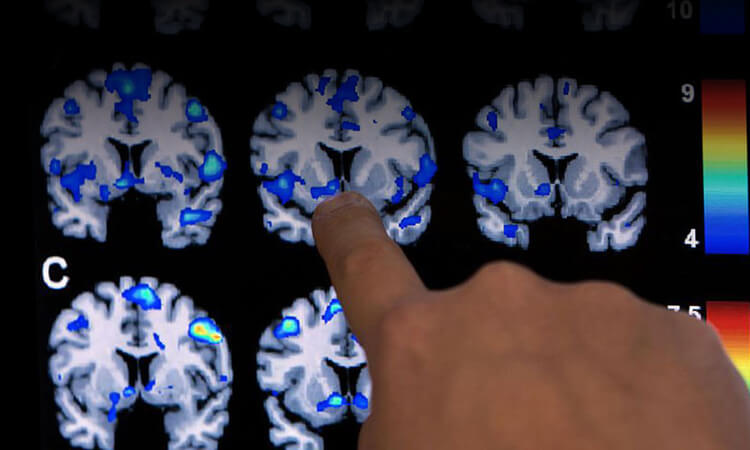 A new study by investigators at the University of Utah and Stony Brook University seeks to answer three critical questions about the personalized effects of cannabinoids:
A new study by investigators at the University of Utah and Stony Brook University seeks to answer three critical questions about the personalized effects of cannabinoids:
- Why do individuals differ so much in how they react to different cannabinoids?
- What are the mechanisms in the brain supporting responses to medications like CBD and THC?
- How do cannabinoids influence large-scale brain networks involved in pain, stress, attention, executive function, emotion regulation, and cognition?
Using state-of-the-art brain network and precision-molecular imaging, the study will visualize changes in the brain associated with CBD and THC, and compare these changes to personalized factors like genetics, brain receptor concentrations, metabolism, and personality and cognitive style to identify which factors best explain the reasons cannabinoids may be more effective as a medication in one person compared to another.
This research will open up new possibilities for precision therapeutics for conditions such as anxiety, addiction, and pain, with attention to personalized factors that may influence how each patient is likely to respond to cannabinoid therapies. The study is expected to kick off January 1, 2020, with initial findings available for review by the end of Q2 2020, and final results published end of Q4 2020.



